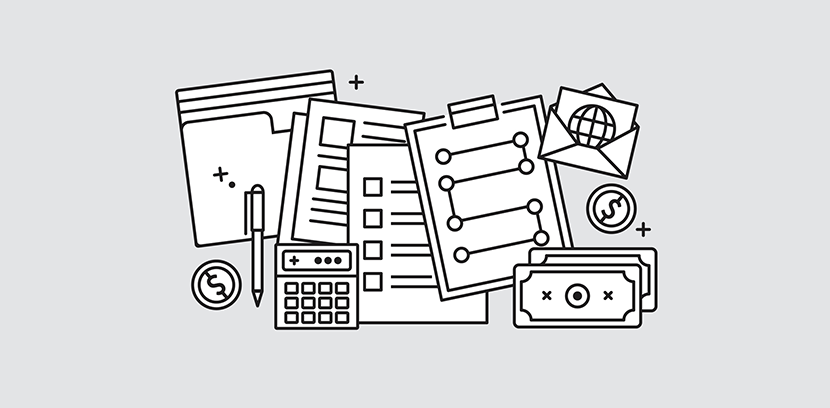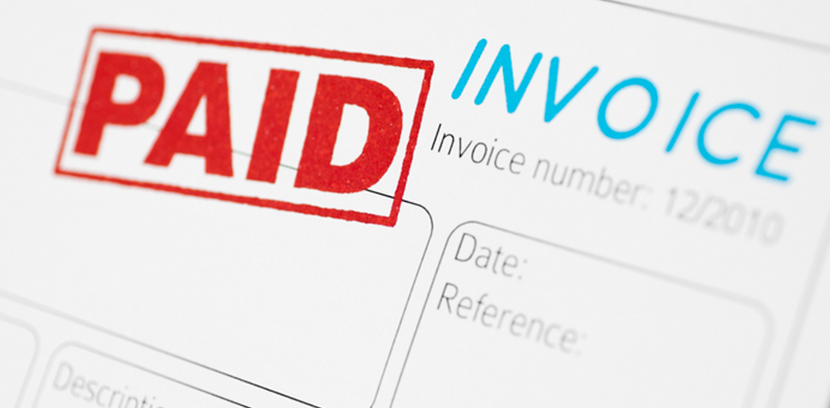When starting your business, one of the most important decisions you made was the company name. During your legal business registration, you also likely had to choose among "LLC", "Inc", "Corp" and so on. You did research to make sure that no other organization shared your business name. The same can be said for your clients. If you're unaware of their full legal name, you may find your business in a bind if a contractual breach arises.
Here are a few tips to help ensure your company is contracted with and billing the accurate client.













